Laila Ajjawi: "I want people to feel that my art belongs to them, so they can keep it and take care of it"
As part of the ‘Cities Defending Human Rights’ program, artist and activist Laila Ajjawi visits Barcelona to share the story of her art, her community, and to emphasize her identity as a Palestinian refugee.
The Irbid refugee camp, located in northern Jordan, is where Laila Ajjawi grew up. She spent her entire childhood and adolescence in this site, under harsh and difficult conditions, just like thousands of Palestinian families and individuals who were forced to leave their homes due to Israeli domination. Ajjawi left the camp to study at university, where she pursued biomedical studies and established herself as an advocate for the rights of migrants and refugees.
Art is also a major part of Laila's life, as she is one of the first women in Palestine who works in mural creation through graffiti. Women's empowerment and pride in Palestinian identity are the main subjects that describe her work. Therefore, art and humanitarian aid are the cornerstones of Laila's life, which she delves into further in the interview we conducted with her while she was visiting Barcelona thanks to the 'Cities Defending Human Rights', organized by Fons Català de Cooperació al Desenvolupament and Comissió Catalana d'Ajuda al Refugiat.
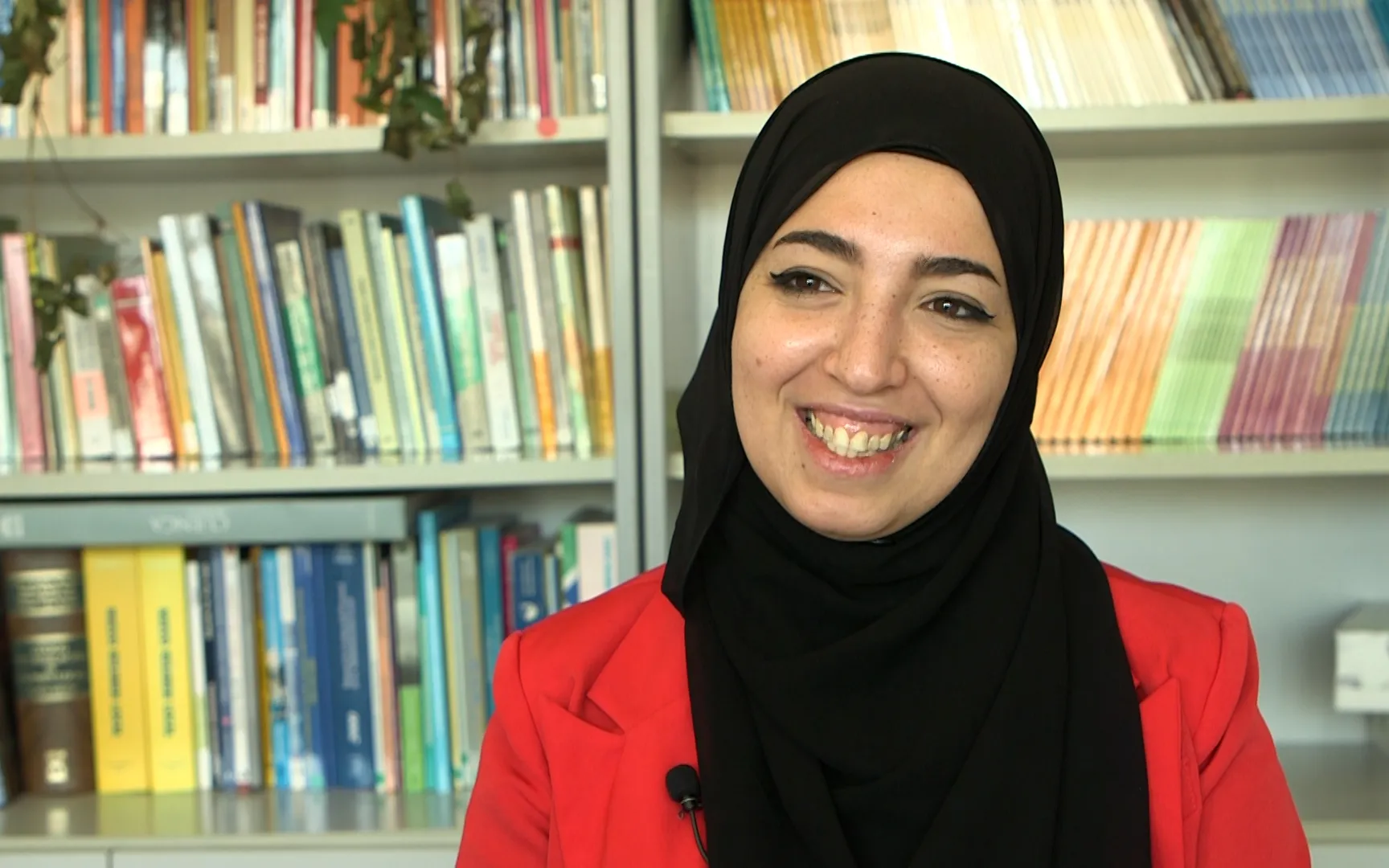

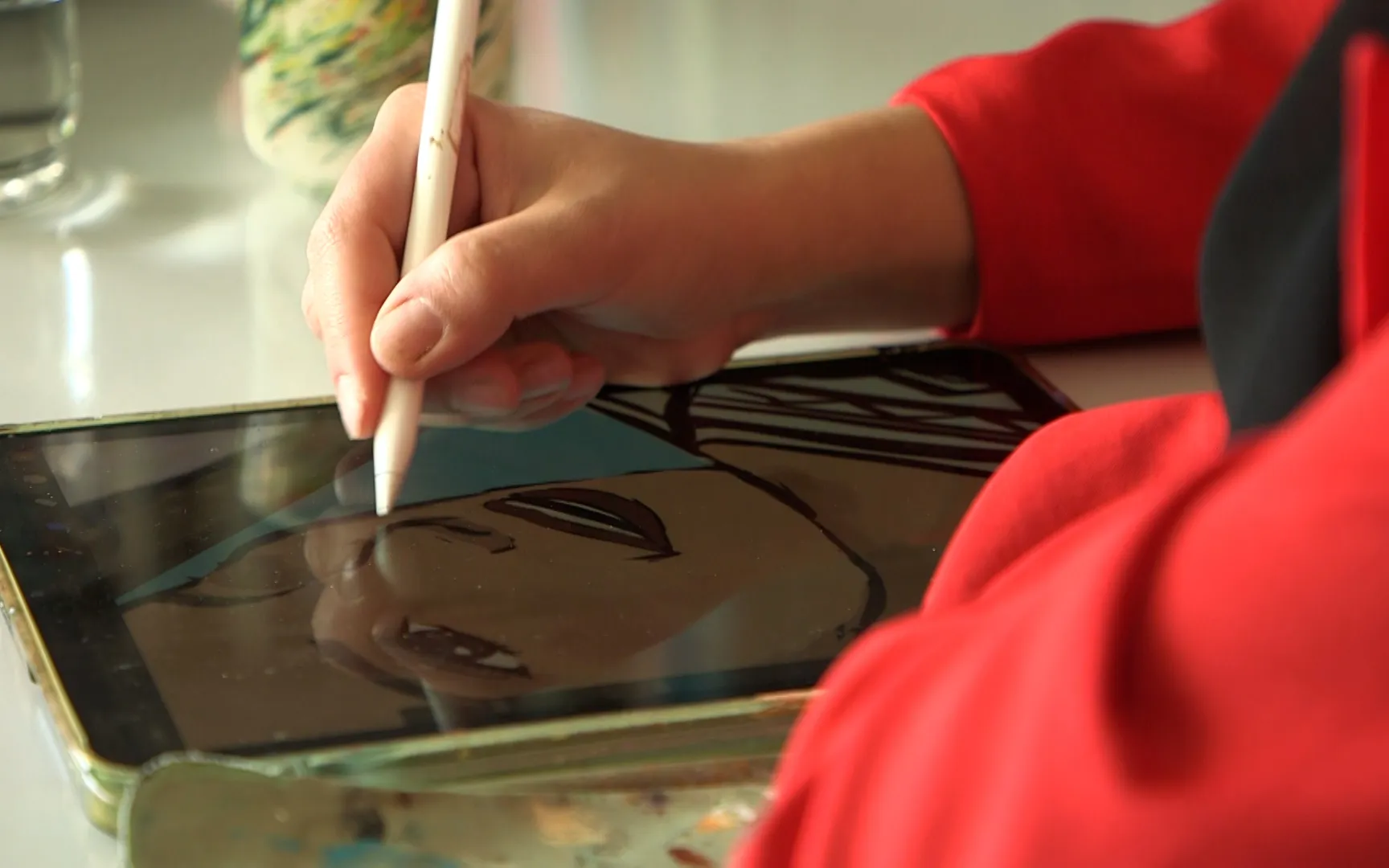



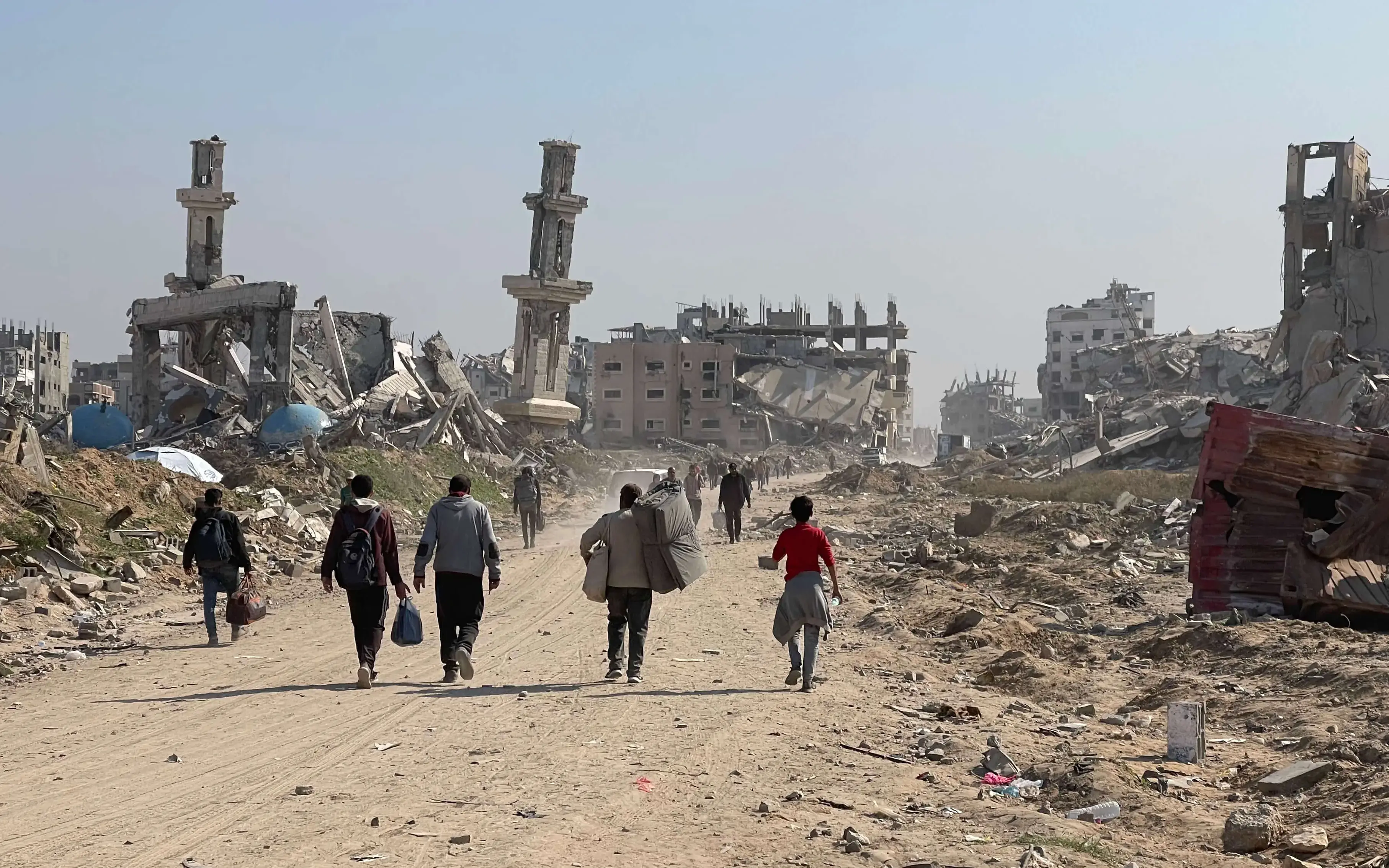
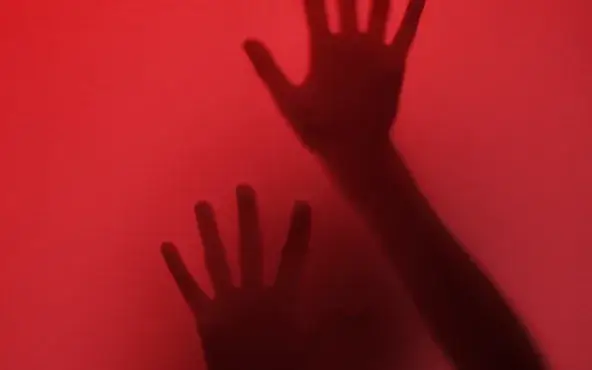
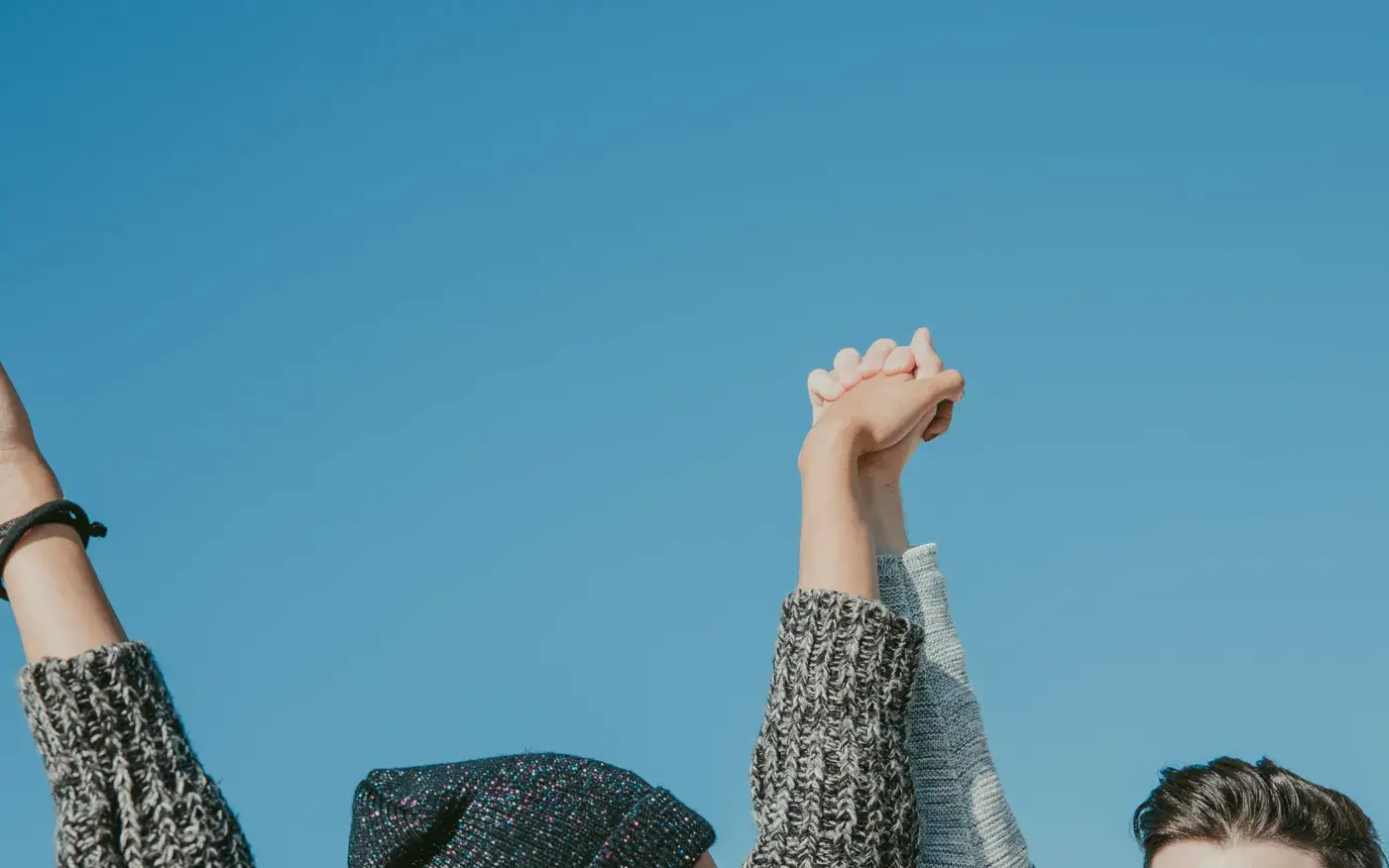
Add new comment